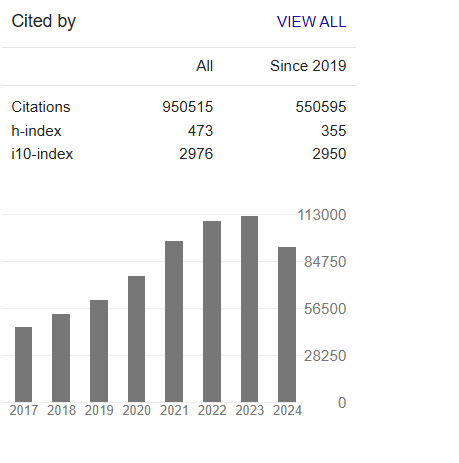Selection of a Well Water Bacterial Isolate with Antifungal Activity and its Application to Protect Tomato Fruits Against Aspergillus Niger Black Mold
Abstract
Tabli Nassira, Khelifa Bouacem, Ait Ramdane Amira and Nait Abderrahmane Sabrina
Farmers have been trying for more than 2000 years to fight against plant diseases caused by phytopathogenic fungi. Firstly, substances used are highly toxic, so, an alternative was put in place by the use of bacteria capable of fighting phytopathogens. In the present study, three water samples are taken from a well of agricultural interest located in Bejaia. 20 isolates were selected and then purified, based on macroscopic observation on dishes. Their ability to inhibit the growth of two phytopathogenic fungi: Aspergillus niger and Botrytis sp was tested. The best isolates were selected following their ability to inhibit mycelial growth by the direct confrontation method with PGI% ranging from 61.19 to 82.61% and 33.34 to 80% against A. niger and Botrytis sp. respectively, then were investigated for their production of volatile substances (PGI%: 17.07% to 85.37% for Aspergillus niger and 45.23% to 100% for Botrytis sp), among these last; hydrogen cyanide (HCN), and ammonia (NH3) were sought, in addition to the enzyme chitinase. Following the results of the in vitro test, N strain was selected for assess its antagonistic power against Aspergillus niger on tomato fruits; where it decreased the severity of black rot. The bacterial isolates obtained can be a reliable alternative to chemical control to fight fungal diseases, thus promoting good plant health and growth.



